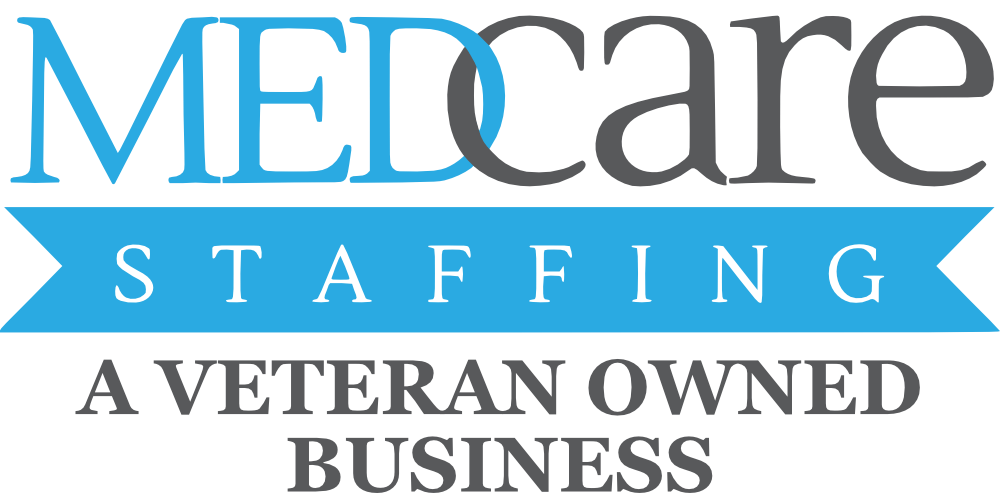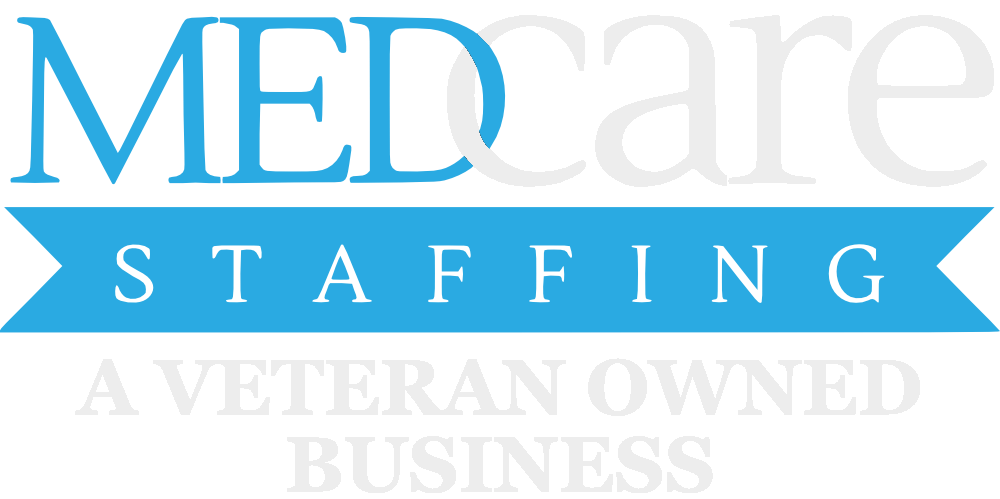
“Working five days a week, nine to five. Charting patient information after work hours at home. Now my boss wants me to be on call for my patients two weekends a month. Oh wait, what about my husband and my 18-month-old child?” These were the protests left by a healthcare provider on a recent social media post. Burnout.
Let’s face it, working as a healthcare provider is not getting any easier. It seems nearly impossible to pair that with raising a family, juggling friends and social obligations. It’s a perfect recipe for burnout.
In a survey conducted in 2021, 52% of US workers stated that they are experiencing burnout. Work from home employees or virtual workers said they are working “much more” than before the pandemic. Unplugging after work is a challenge for many workers, with 27% reporting that they keep working at home. Many workers state that working more hours is due to the increased pressures from management, customers, and clients.

Burnout- It’s a Socio-Psychological Phenomena
Burnout can creep up on you slowly. One day you might wake up to find yourself transformed into a monstrous cockroach, much like the character Gregor Samsa in Franz Kafka’s famous play The Metamorphosis. Gregor’s transformation was blamed on his dreary job as a traveling salesman and his obligations to provide for his family. Basically, he was burnt out.
Believe it or not, burnout is considered a ‘syndrome,’ a socio-psychological phenomenon that includes physical, motivational, and emotional exhaustion. The cause: chronic occupational stress. The clinical picture of burnout is multifaceted. It’s not just about your job or your family. It’s also related to the role you are playing in society. Is your work and home life bringing you joy? Are you being a productive member in society? Are you living life unconsciously on someone else’s terms?
Negative Consequences
Burnout is a set of somatic and psychosomatic disorders which are symptoms of social dysfunction. Healthcare providers commonly suffer from burnout due to the dedication and increased levels of empathy felt for their patients.
Healthcare providers suffering from burnout are susceptible to increased medical errors and potentially higher malpractice rates. Poor work performance can also decrease patient satisfaction scores and lower quality care. Burnout can also have devastating effects with high healthcare staff turnover rates, increased alcohol and drug addiction, and a high risk for suicide.

Signs
Exhaustion
Low emotional and energy levels are proceeding in a downward spiral. Healthcare providers may be running on fumes and asking themselves how long they can continue.
Depersonalization
Being detached from one’s mind, body, and mental processes. Subsequently, you may be observing your life from the outside. You may be using synoecism and sarcasm to talk about your patients. Emotionally you are unavailable to your patients and perhaps even your family.
Lack of Efficacy
Doubting the meaning of your work. You may question the purpose of your work, in addition, you may be critical of yourself, worrying that you may make increased errors.
Causes of Job Burnout
- Chronic Work Overload. Daily increases in patients seen on a daily basis. Nurses handle significantly higher ratios of patients per person at the bedside, creating unsafe staffing. Burnout is inevitable with work politics, personality clashes, workplace bullying, and sloppy management.
- Work-Life Imbalance. Work may take up most of your time, leaving very little time spent on family and personal activities that satisfy you.
- Monotonous Environment. Albert Einstein coined the phrase, “Insanity is doing the same thing repeatedly and expecting different results.” When a job is chaotic and dull extra energy is needed to remain focused and motivated.
- Unclear Role Expectations/ Lack of Support. Insufficient resources, inability to influence job scheduling, and lack of resources needed to do your job safely can increase burnout. Lack of social support on the job and at home can also increase your risk for burnout.
- Speaking a Non-Native Language On the Job. Having to speak in a language on the job that is not your native language can cause increased fatigue. Non-native speakers experience increased fatigue from having to constantly monitor their actions on the job.

Recognize the Physical Signs Before It’s Too Late
Burnout may creep up on you slowly. You may start missing work deadlines, delay updating your licensing credentials, and attending continuing education courses to update your certificates. Recognizing the symptoms of burnout before you start turning into a “Kafka cockroach,” is key to shifting your reality and staying focused on the Job and your life. Some physical symptoms of burnout include insomnia, headaches, chronic fatigue, stomach aches, isolation, increased irritability, struggling with daily tasks, and depression. Ignoring physical signs of burnout may, in time, lead to more significant physical and mental health issues. These include elevated blood pressure, type 2 diabetes, low immune system, and increased susceptibility to various other illnesses.
Tips to Stop Burnout
Re-Evaluate Your Life
Taking a self-inventory of your personal and professional goals is an excellent way to evaluate your life for balance. Some questions you can ask yourself include: Are you happy at your current Job? Additionally, what changes can you make to increase your happiness and satisfaction with your work? Are you working at home once your work day is complete? Can you disconnect easily from work and spend quality time with family and friends?
Better Sleep
Examine your sleep hygiene to optimize your sleep cycle. All things considered, treating sleep as a priority in your life is crucial to combating burnout.
Exercise
Various aerobic exercises like running can help increase mental focus and clarity. New research suggests that aerobic exercise helps you to recover from mental exhaustion and burnout.

Take a Vacation
Vacations can provide you with mental and physical rest. If you cannot take a whole one-week or more extended vacation, ‘microvacations’ may be a solution. Microvactions like a ‘normal’ vacation offer a change of scenery, even if it’s just for one day. They can reinvigorate your senses by sitting on a local beach, going on a hike, or sitting at a trendy café people watching. It’s best to be mindful when taking either a vacation or a microvacation so that you do not pick a venue that may trigger you to work.
Mental Health
The best therapies to help combat burnout include: psychotherapy and cognitive behavioral therapy (CBT), physiotherapy, pharmacotherapy, music therapy, hypnotherapy, and mind-body therapies. Telehealth services for mental health are also an option. They are gaining in popularity and are easier to access.
Creative Outlet
Studies show that engaging in creative outlets like music, visual arts therapy, movement-based creative expression, and expressive writing reduce psychological and physiological effects of burnout.
Mindfulness
The best way to start practicing mindfulness is to pay attention to something you do daily. Stopping in the middle of your day to take deep breaths can also bring you greater awareness of your surroundings. Courses on mindfulness-based stress reduce stress and burnout.
Start a New Adventure and Give Locum Tenens a Shot
Considering your options in your current work-life situation is key to combating burnout. Maybe you need to make a change and see new places. MedCare Staffing can provide a change of scenery, potentially clearing away the burnout in your work life. Click here to speak to a staffing representative today.

